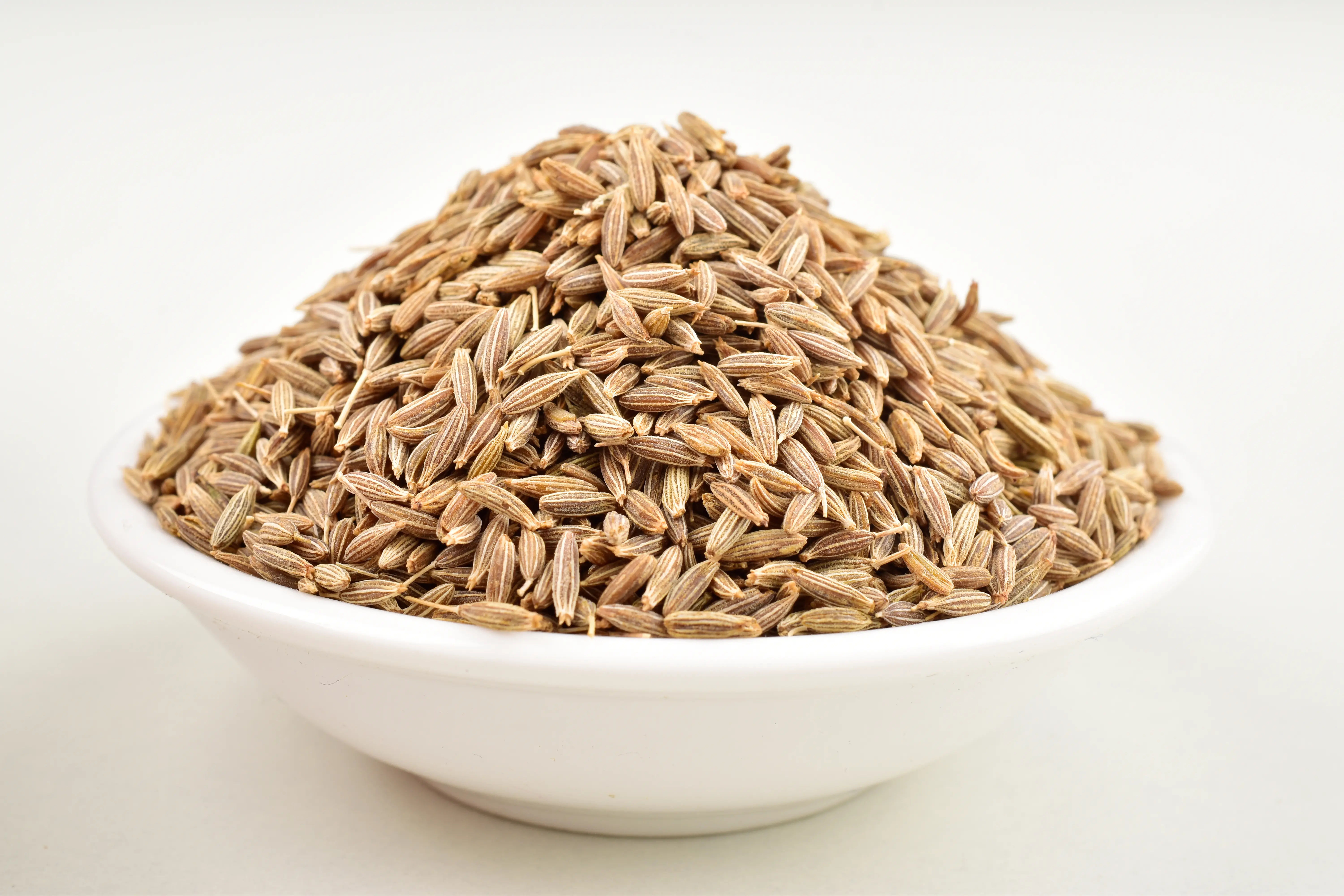WBC Full Form And Normal Range Explained
WBC stands for White Blood Cells, crucial for fighting infections. Learn the normal WBC range and what high or low counts may indicate about your health.

Written by Dr. J T Hema Pratima
Reviewed by Dr. Dhankecha Mayank Dineshbhai MBBS
Last updated on 13th Jan, 2026

Introduction
When you go for a blood test, you might see the term WBC in your report. If you're wondering what it means, why it's important, and what the normal range should be, this article will help you understand everything in simple terms.
What is WBC?
WBC stands for White Blood Cells, also known as leukocytes. These are a crucial part of your immune system, helping your body fight infections, diseases, and foreign invaders like bacteria, viruses, and fungi.
Types of WBCs
There are five main types of white blood cells, each with a different role:
1. Neutrophils: Fight bacterial infections.
2. Lymphocytes: Help in immune responses (B cells and T cells).
3. Monocytes: Clean up dead cells and fight chronic infections.
4. Eosinophils: Combat parasites and allergies.
5. Basophils: Play a role in inflammatory responses.
Why is WBC Count Important?
Your WBC count helps doctors understand how well your immune system is functioning. A high or low WBC count can indicate various health conditions, such as:
High WBC (Leukocytosis): May suggest infection, inflammation, leukaemia, or stress.
Low WBC (Leukopenia): Could indicate a weakened immune system due to viral infections, autoimmune diseases, or bone marrow disorders.
What is the Normal WBC Range?
The normal range for WBC count in adults is usually 4,500 to 11,000 white blood cells per microliter (µL) of blood.
However, this range can vary slightly depending on age, gender, and lab standards.
WBC Count in Different Age Groups
| Age Group | Normal WBC Range (cells/µL) |
| Newborns | 9,000 – 30,000 |
| Children (1–3 years) | 6,000 – 17,500 |
| Children (4–10 years) | 5,500 – 15,500 |
| Adults | 4,500 – 11,000 |
Consult Top Physicians
Symptoms of Abnormal WBC Levels
Here are the symptoms of abnormal wbc levels:
High WBC (Leukocytosis) Symptoms
Fever
Fatigue
Frequent infections
Unexplained weight loss
Swollen lymph nodes
Low WBC (Leukopenia) Symptoms
Frequent infections
Slow healing of wounds
Fatigue
Fever and chills
Causes of High or Low WBC Count
High WBC Causes
Infections (bacterial or viral)
Inflammation (e.g., arthritis)
Leukaemia or other blood cancers
Stress (physical or emotional)
Certain medications (e.g., steroids)
Low WBC Causes
Viral infections (e.g., HIV, hepatitis)
Autoimmune diseases (e.g., lupus)
Bone marrow disorders
Chemotherapy or radiation therapy
Severe malnutrition
Check Your WBC Count Here
How to Maintain a Healthy WBC Count?
While some conditions require medical treatment, you can support your immune system with these lifestyle changes:
1. Eat a Balanced Diet
Include vitamin C (citrus fruits, bell peppers)
Zinc-rich foods (nuts, seeds, beans)
Protein (eggs, lean meat, dairy)
Antioxidants (berries, green leafy vegetables)
2. Stay Hydrated
Water helps flush out toxins and supports immune function.
3. Exercise Regularly
Moderate exercise boosts immunity, but avoid overexertion.
4. Get Enough Sleep
7-9 hours of sleep helps in WBC production and repair.
5. Manage Stress
Chronic stress weakens immunity—practice yoga, meditation, or deep breathing.
6. Avoid Smoking & Excessive Alcohol
Both can lower WBC count and weaken immunity.
When to See a Doctor?
If you experience frequent infections, unexplained fatigue, or other symptoms of abnormal WBC levels, consult a doctor. A Complete Blood Count (CBC) test can check your WBC levels. You can easily book a CBC test or doctor consultation on Apollo 24|7 for quick and reliable results.
Conclusion
Your WBC count is a key indicator of your immune health. While minor fluctuations are normal, persistent high or low levels may need medical attention. By maintaining a healthy lifestyle, you can support your immune system and keep your WBC levels balanced.
If you have concerns about your WBC count, don’t hesitate to reach out to a healthcare provider.
Consult Top Physicians

Dr. Rajib Ghose
General Physician/ Internal Medicine Specialist
25 Years • MBBS
East Midnapore
VIVEKANANDA SEBA SADAN, East Midnapore

Dr. Chethan T L
General Physician/ Internal Medicine Specialist
5 Years • MBBS, MD, DNB (General Medicine)
Bengaluru
Apollo Medical Center, Marathahalli, Bengaluru

Dr Vinay Kumar A V
Nephrologist
8 Years • MBBS, MD - General Medicine, DM - Nephrology
Bilaspur
Apollo Hospitals Seepat Road, Bilaspur

Dr. Indrajit Das
General Physician/ Internal Medicine Specialist
4 Years • "MD (Internal medicine) : Gauhati Medical College and Hospital, Guwahati (2018-2021) MD (Pathology) : Gauhati Medical College and Hospital, Guwahati (2012-2015) MBBS (Bachelor of Medicine, Bachelor of Surgery) : Silchar Medical College, Assam (2003-2008) "
Guwahati
Apollo Excelcare Hospital, Guwahati

Dr. Madhusudhan Reddy L
General Physician/ Internal Medicine Specialist
11 Years • M.B.B.S, M.D (General medicine)
Hyderabad
Apollo Hospitals Jubilee Hills, Hyderabad
(100+ Patients)





